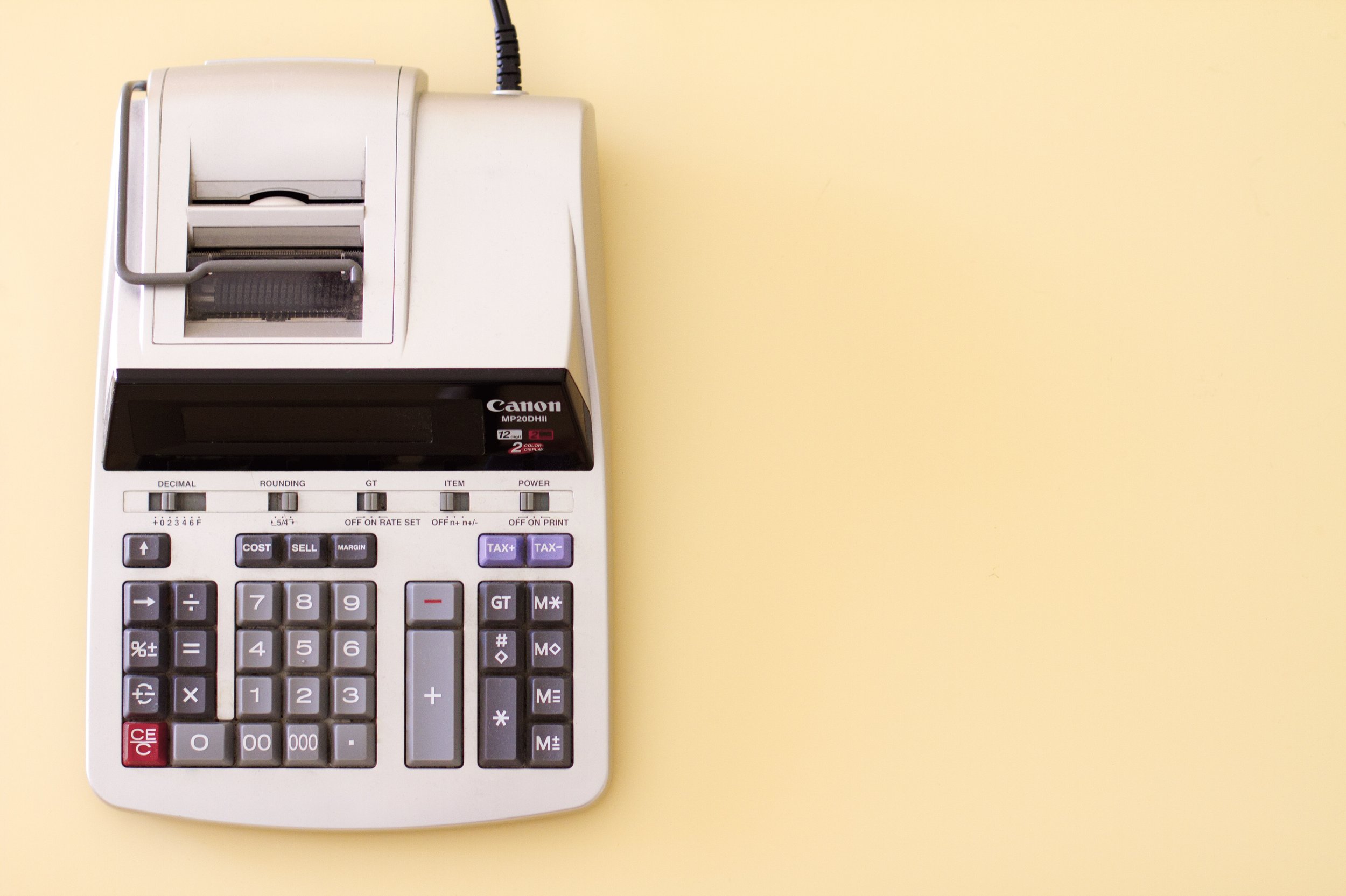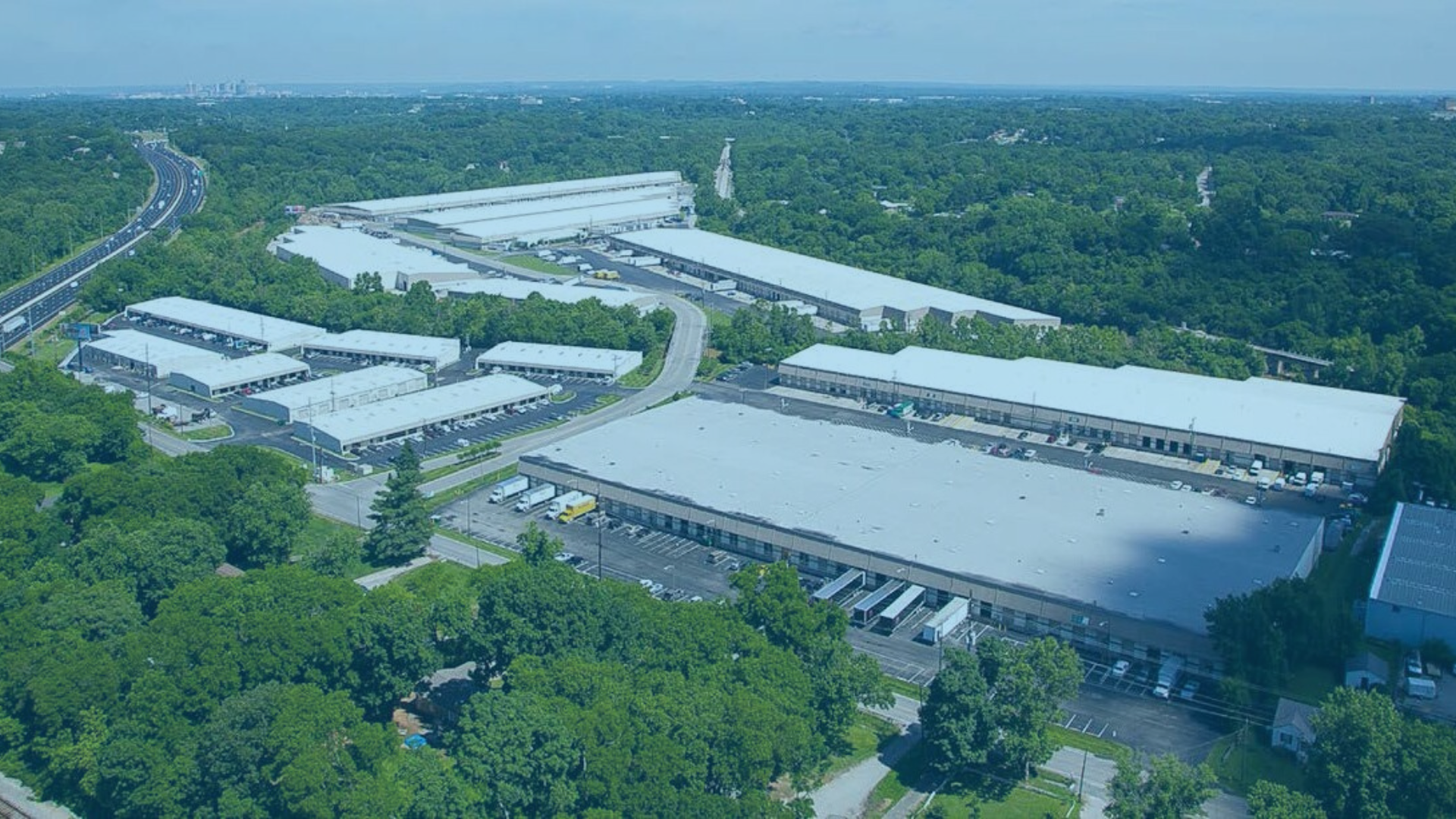Commercial Real Estate Investing During a Crisis [Strategies & Tips]
COVID has sent the world into quite the spiral this year.
Many were planning to have their best years ever, only to have the market come screeching to a halt.
At least temporarily.
So, how do we, as commercial real estate investors, adjust to this new way of life?
Here’s a quick guide to commercial real estate investing during any crisis.
The Current Real Estate Crisis
The Novel Coronavirus hit the US hard in April of this year, sparking government mandated shutdowns across the country.
Many businesses were forced to close their doors to both the public and employees, causing a massive shift to a work-from-home model for the industries that were able to pivot.
What’s unique about this crisis is that it happened so quickly.
And during one of the longest economic upswings our country has ever seen.
That means that going into the shutdowns, many investors and property owners were sitting on a decent amount of cash, so we haven’t seen a massive amount of product being offloaded into the market.
In fact, many sectors of real estate are actually performing better than ever.
Which Asset Types Are Performing Well?
Light Industrial / Distribution: It’s no surprise that this asset class is performing well throughout the pandemic. With many Americans staying and working from home, online shopping and food delivery has exploded in popularity, bringing demand for the distribution centers that fulfill those orders.
Food Halls / Ghost Kitchens: Again, with so much of the population ordering food delivery, some restaurants are actually thriving. Food halls and ghost kitchens absolutely take the cake here, since their overhead is lower than traditional restaurant concepts and these groups were easily able to pivot to a to-go and delivery model.
Class B & C Office Space: Having office space on the list might surprise some of you since the media has been exclaiming that office is dead thanks to remote work capabilities, but that’s simply not true. Class B & C office space is home to many local businesses that don’t have the luxury to simply not work or often don’t want to work from home due to the multitude of distractions.
Neighborhood Retail: Neighborhood retail is infinitely different than regional big-box shopping centers, as it serves the immediately surrounding neighborhoods with many of their daily and weekly needs. These concepts include drycleaners, grocery stores, pharmacies, restaurants, and so much more that you use in your everyday life.
Which Asset Types Aren’t Performing Well?
Hospitality / Short-Term Rental: With government mandated shutdowns and travel restrictions, it only makes sense that the assets intended to house those travelers would be struggling. Many concepts have significantly slashed their Average Daily Rates and already can’t operate at full capacity, which caused a number of hotel concepts to default on their mortgages starting in the Spring.
Regional Retail Centers: Regional retail centers have been dying a slow death for over a decade now and COVID-19 isn’t here to help. Many tenants in this asset class have been struggling to fight Amazon for market-share and may have finally lost the battle as the market gravitated toward heavier online ordering.
Class A Office Space: Class A office space is your more “corporate” style of tenants that employee large swathes of the workforce. Not only do they have high risk of infection with such a large number of people congregated into one place, but they also have the money and attorneys to tell landlords “we’re not paying rent, sorry about it.”
Tips for Investing in Commercial Real Estate During a Recession
First, Focus on Assets That You Already Own
When investing during a recession, you need to first concentrate on the assets that you already own.
These assets could either be your life vest or an anchor bringing you down, so it’s critical that you right the ship if you feel you’ll have any issues onsite.
1. Protect What You Already Have
Your current portfolio is the most important asset that you have.
Be proactive with both your tenants and your investors by communicating what you are doing and how you’re going to do it as often as is reasonable so that everyone is on the same page.
Keeping tenants you already have is significantly easier and less painful than losing them and trying to re-tenant these vacant suites when no one else is actively looking to open up for business.
Actively work on ways to help your tenants. As an investor, you’ll only be as strong as the weakest tenants you have on any given property, so it’s in your best interest to help them survive.
Plus, being proactive with both tenants and investors is a great way for you to build a deeper relationship with them, which will help during renewals and capital raises.
Tips on how to work out rent abatement and lease renegotiations.
2. Build Up Your Reserves
Now, more than ever, it’s crucial for you to have reserves set aside for a rainy day.
If you didn’t already set aside a pile of cash for reserves when you acquired the property, which I always recommend, there are a couple of ways for you to start doing that now.
Lower Distributions: If you have any investors and are paying out profits from the cash flow of the property, I would recommend holding off on any capital distributions until you know you’re in the clear. You need to be very open and upfront with your investors on why you’re holding funds back and when they can expect to receive them (even if it’s not fully determined at this point). I held back 100% of our capital distributions to partners on an office property that I own and my investors had no issue with it. As an investor, it’s better to wait to get your money than to have to fork over more during a cash call crunch.
Increase Your Reserves off The Top: If your property is continuing to cash flow despite a recession or pandemic, you could consider setting aside a larger amount of those proceeds to hold in reserves for the foreseeable future. I typically hold about $0.15 to $0.25 per square foot per year back in reserves, but might even double or triple that number in this scenario. If you’re in multifamily, that number is closer to $300 per door per year - again, increase it however you can.
Also - don’t look at increased reserves as a “sunk cost.”
While the money may be in reserves, it’s still your cash and will be coming back to you at some point. You’re simply setting it aside temporarily to protect your investment.
3. Dig Into Your Property Expenses to See Where You Can Trim Fat
You likely won’t be able to increase your rent and other revenues in the middle of a recession, but you may be able to increase your bottom line by thoroughly analyzing your expenses to see where you can reasonably cut costs.
Go line item by line item and cut back whenever possible.
Your highest priority items (and in this order) are:
Mortgage: If you default here, you lose the property, so your loan should be your top priority.
Insurance: You cannot let insurance lapse on your properties - it could trigger a default on your loan and accelerate your loan payoff.
Taxes: The government wants their share, but you can pay penalties and interest on outstanding bills as long as you work out a plan.
Utilities: You need to keep the lights on, but you can call your local utility district and work out a payment plan, even if you don’t need to.
So, now that you know what your top priority expenses are, review your other expenses to see where you can cut back.
For example, your landscaping company may be trimming the trees each month when quarterly will do just fine - that’s an excellent piece to cut back on.
You can also just call your vendors and tell them what your new budget is and give them the opportunity to either 1) lower their rates to continue accommodating you, 2) trim back on their services, as well as the cost, or 3) find another vendor.
Anything you can do here will help keep the ship afloat.
Then, You Can Shift Attention to New Investments
Ok - so you’ve reinforced the castle. Now, let’s go out and shop for deals.
One of the biggest advantages you’ll have at this time, aside from motivated sellers, is that you will be competing with fewer investment groups for the same property.
Here’s how to properly approach new commercial real estate investments in a crisis.
1. Leave Emotion Out of It
You should be approaching every investment from a numbers perspective, anyway, but even more so now that the market is volatile.
Leave your emotions out of your decision making and stick to your original investment criteria.
We’re still actively buying property, despite all the craziness - and at times, if I start getting worried about my decisions, I have to ask myself, “am I making a decision based on fear or based on logic?”
When we, as investors, start making decisions based on fear, we typically begin taking the wrong path.
Be careful not to overextend yourself to acquire a property that you’ve had your eye on simply because it hit the market.
As I’ve said before - either the numbers work, or they don’t.
2. Increase Your Search and Make More Offers
You should be spending more on marketing for prospective investments during this time. In fact, we increased our marketing spend by thousands of dollars this year in order to start finding more investment opportunities.
Our marketing includes:
Facebook and Instagram ads
Blog posts directed to buyers and sellers of commercial property
Postcards, letters, and cold calls directly to property owners
And YouTube videos
All of these mediums combined have created quite the fishing net for deals this year and has lead to our team putting 4.5x more under contract in September and October than we did in all of 2019.
Once you’re finding deals, start making the offers that make sense for you and your criteria.
If sellers aren’t willing to accept the discount on price for the amount of risk you’ve underwritten, follow up in a few weeks to a month. Situations can change rapidly, depending on how the rest of the market is going.
We had one industrial piece of real estate that we were negotiating on before the start of the pandemic. The seller decided to go with another investment group but called us a couple of months later when they were unable to perform.
Since we were willing to wait and were well-positioned financially, it gave us even more leverage to negotiate a better deal for the land.
3. Think About How Distressed Properties Could Be Repurposed
There will be plenty of product on the market during any recession or crisis that has already been sitting on the market for a while.
There’s clearly a reason they haven’t moved, yet - maybe they’re a bit “outside the box” or it’s a property type, such as big-box retail, that’s just not attractive for most investors.
Look at these opportunities through a different lens to see how you could possibly repurpose these sites.
Using this big-box example, you could take the property from retail use to:
A church, since there will be a large open space with plenty of parking
A distribution facility, since you have a large open space in a (probably) heavily populated area with loading docks
Or a fitness center or even a rock-climbing gym
The possibilities to repurpose property are endless and the investors that can problem-solve these issues will win big.
4. Underwrite Potential Investments More Conservatively
I mean - obviously.
You can’t get as aggressive on any potential investments at this point considering the risk you’ll be taking by purchasing property.
So, here’s what you should consider when underwriting investments during a period of high market volatility:
Longer Hold Terms: It may take you longer to achieve the desired returns on an investment, considering the increased length of time it could take to find tenants, collect rents, etc. I’ve taken my 4 to 5-year horizons and lengthened them to 7 or 10.
Higher Exit Cap Rates: Sure, cap rates may be lower right now thanks to lower interest rates, but with market volatility comes rate volatility, and those interest rates could very well increase in the near future. Cap rates are directly correlated with interest rates, so it would be wise to assume an exit cap rate higher than what you’ve been underwriting in a normal market.
Higher Vacancy Rates: With uncertain times come business closures and a reluctance from other businesses to sign onto a lease liability. Your property may have higher vacancy rates in the near future, even if it doesn’t currently, since some tenants may downsize, relocate, or shut down altogether.
If you can make these deals work now with your more strict underwriting criteria and the market turns around, your investment will only perform that much stronger.
About The Author:
Tyler Cauble, Founder & President of The Cauble Group, is a commercial real estate broker and investor based in East Nashville. He’s the best selling author of Open for Business: The Insider’s Guide to Leasing Commercial Real Estate and has focused his career on serving commercial real estate investors as a board member for the Real Estate Investors of Nashville.

![Commercial Real Estate Investing During a Crisis [Strategies & Tips]](https://images.squarespace-cdn.com/content/v1/5c115fec9d5abbba78a23c93/1606167767727-U4GXCU804N0P8Y9FF9OW/pexels-photo-4021262.jpeg)
![Commercial Real Estate Investing During a Crisis [Strategies & Tips] _The Current Real Estate Crisis.png](https://images.squarespace-cdn.com/content/v1/5c115fec9d5abbba78a23c93/1606167622234-AYH52ZBDL7LVGW5QA9M8/Commercial+Real+Estate+Investing+During+a+Crisis+%5BStrategies+%26+Tips%5D+_The+Current+Real+Estate+Crisis.png)
![Commercial Real Estate Investing During a Crisis [Strategies & Tips] _Tips for Investing in Commercial Real Estate During a Recession.png](https://images.squarespace-cdn.com/content/v1/5c115fec9d5abbba78a23c93/1606167653414-IZH8DMVVGD9MZ93IXDJB/Commercial+Real+Estate+Investing+During+a+Crisis+%5BStrategies+%26+Tips%5D+_Tips+for+Investing+in+Commercial+Real+Estate+During+a+Recession.png)
![Commercial Real Estate Investing During a Crisis [Strategies & Tips] _Then, You Can Shift Attention to New Investments.png](https://images.squarespace-cdn.com/content/v1/5c115fec9d5abbba78a23c93/1606167684222-2UO80TKY50PPKAEBYYWS/Commercial+Real+Estate+Investing+During+a+Crisis+%5BStrategies+%26+Tips%5D+_Then%2C+You+Can+Shift+Attention+to+New+Investments.png)









If you're serious about real estate investing, it's time to look beyond those quaint single-family homes.
Bold statement? Absolutely. But stick with me here.
Now, don't get me wrong. Investing in a single-family home beats twiddling your thumbs on the sidelines of the real estate game. And yes, I'll even go out on a limb and say that residential real estate still outshines many other investment vehicles out there.
But that's not why we're here today, is it?
I'm about to lay out five reasons why commercial real estate should be your go-to play.